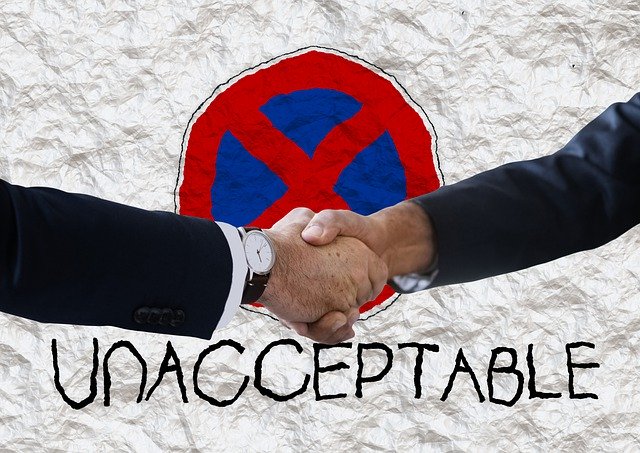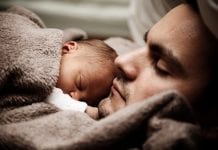 Some of the views expressed here are controversial. So, do ask your doctor.
Some of the views expressed here are controversial. So, do ask your doctor.
Don’t panic. That is always good advice. If you, like the world’s economy, operate on just-in-time inventories, and did not take advice to stock up three weeks ago, do not join a mob at a big-box store. Somebody there is no doubt infected. Plus, there’s the risk of getting trampled or injured in a fist fight over the last roll of toilet paper. Most of the world survives without that luxury good. If you have no rice or beans or pasta in the pantry, that is more serious, but you should still avoid mobs if possible. Take-out and drive-through places are booming.
Don’t treat fever without a doctor’s advice. Fever is not a disease. It is an important defense mechanism. Very high fevers (say 105 degrees F) can cause brain damage, and children can have seizures. But don’t pop Tylenol or ibuprofen at the first sign of fever. Many of the casualties in the 1918 pandemic might have been caused by heavy use of aspirin. Like aspirin, popular nonsteroidal anti-inflammatories (NSAIDS) such ibuprofen also have detrimental effects on blood clotting. Try lukewarm sponge baths for comfort.
Don’t rush out and get a flu shot. I know, a lot of doctors and public health authorities urge everybody to do this. Influenza can kill you, and the flu shot decreases that risk by 30 to 60 per cent – but there is evidence, both from the earlier SARS epidemic and lab research, that it can make COVID-19 worse. Like with so many things in medicine, we have to play the odds.
Don’t go to the emergency room or urgent care unless you are severely ill. There will be sick people there, and you might catch something. And if you have the flu or a cold or COVID-19, and don’t need IV fluids or oxygen, they can’t do anything for you. Telephone advice lines could help greatly.
Don’t go to events that are crowded, especially indoors in poorly ventilated rooms. Staying home is good.
Don’t demand to be tested and rely on the results. The tests are still in short supply and not very accurate. If you are at low risk, a positive test is likely to be a false positive. And if you are infected, the test may be negative at first. We need much more testing – mainly for public health monitoring.
Don’t waste. Expired medications are probably still good. Most drugs or essential ingredients are made in China, and supplies are running out. Masks (also mostly made in China) are meant to be disposable, but likely can’t be replaced (see below).
Don’t touch your face or your eyes. That is very hard – preventing that is one function of a mask and eye protection.
Don’t fall for internet scams, or malware. Hucksters will always be around to try to profit from panics. A new type of malicious virus is embedded malware in sites that come up on a search for information. (If you want to find the Johns Hopkins University dashboard of cases and deaths, go to the university’s website, don’t Google “coronavirus map.”)
Now for some dos:
Do prepare to take care of yourself and your family. Be sure you have a fever thermometer, disposable gloves, plastic garbage bags, and cleaning supplies. A pulse oximeter is good to have to check oxygen levels.
Do clean and disinfect surfaces such as doorknobs, telephones, computer keyboards, toilets, and countertops often. Virus can persist there for days.
Do remember that sunlight is the best disinfectant. If you don’t have a pocket ultraviolet lamp, try putting things like masks or paper currency out in the sun. The idea should be rigorously tested, but in times of need, you may have to guess.
Do wash your hands often and use hand sanitizer. With SARS-CoV-2, most disinfectants work, including 70 per cent-alcohol-based sanitizers.
Do put a mask on sick people if you can. For protecting yourself you need a minimum of an N95 mask and eye protection.
Do take your vitamins. Most people may be vitamin D deficient. Your need for vitamin C escalates with infection. Some 50 tons of vitamin C was shipped to Wuhan, and studies of effectiveness are underway.
Do get your essential prescriptions refilled for 90 days – the supply chain depends on China.
Do protect your immune system, with adequate sleep, exercise, fresh air, and diet, especially avoiding sugar if you feel ill.
Do help your neighbours, and be responsible about protecting others as well as yourself from contagion.
Dr. Jane Orient has been in solo private practice since 1981 and has served as Executive Director of the Association of American Physicians and Surgeons (AAPS) since 1989. She is currently president of Doctors for Disaster Preparedness. She is the author of YOUR Doctor Is Not In: Healthy Skepticism about National Healthcare.













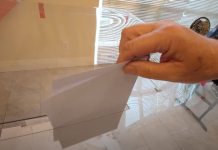
























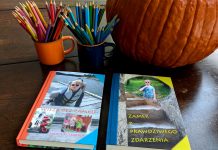
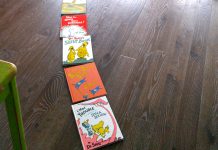
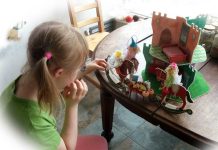


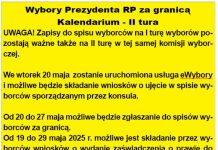








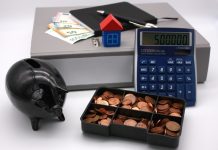

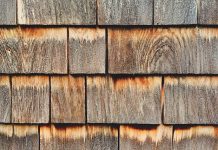


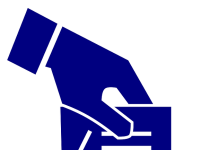


.gif)
